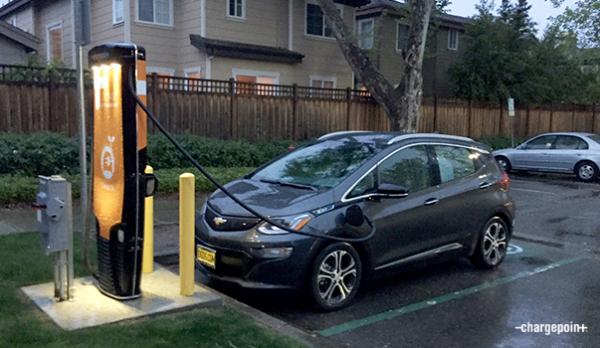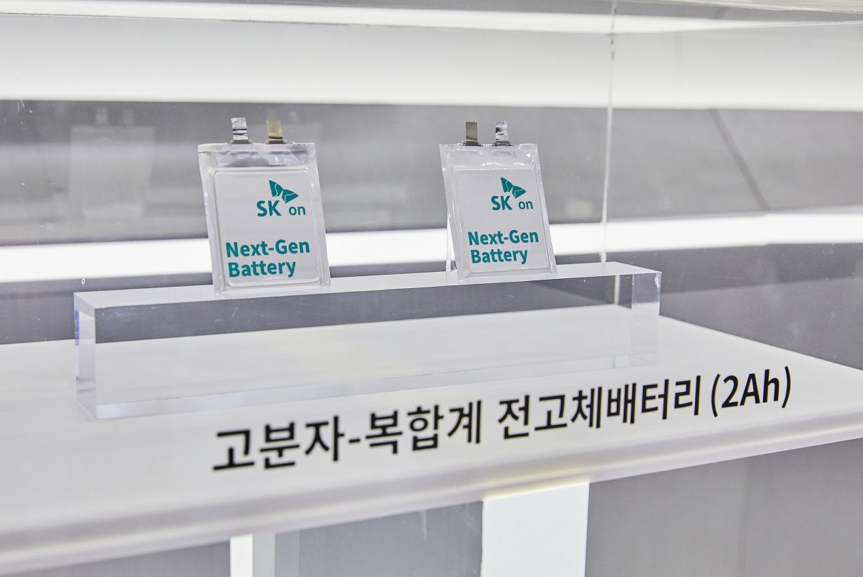The root cause of fires that pushed General Motors to recall 68,667 Chevrolet Bolt electric vehicles is unknown but “could be” related to overcharging the high voltage lithium-ion batteries produced in South Korea by LG Chem.
Concerns the batteries could catch fire when fully charged has led the US federal vehicle safety agency National Highway Traffic Safety Administration (NHTSA) to recommend charging up to 90% capacity until a software update is completed.
Bolt EV owners have been told to schedule an update to the car’s battery software to limit the maximum charge of the vehicle to 90%.
Until customers receive the software update, GM is asking owners to change the vehicle’s settings to lower its charging capacity.
Investigations have been opened into the reported fires in Chevrolet Bolt vehicles made between 2017- 2019. GM is not recalling vehicles made this year because their batteries have a different formula than the earlier models with no reports of fires.
In three cases identified by the Office of Defects Investigation (ODI) of the NHTSA, the vehicles caught fire under the rear seat while parked and unattended. The fire damage appeared to be concentrated in the EV battery compartment
ODI is opening a preliminary evaluation to assess the scope, frequency, circumstances, and safety consequences of the alleged fires.
GM had not responded to BEST at the time of publication. However, according to other media outlets GM has a dedicated team of engineers and experts working to determine the cause of the fires and doesn’t expect a full solution for the problem until next year.
Last month, BEST reported how a number of automotive manufacturers had been hit by a spate of battery safety problems, including: BMW, Ford, General Motors, and Hyundai.
In June, Ford stopped sales of its Kuga PHEVs built prior to 26 June 2020 as it investigated a series of fires.
A statement by Ford says: “We have identified that cell contamination in the drive battery system was the cause of the issue that a small number of Kuga PHEV vehicles experienced.
“Given the potential serious consequences that could arise from this we have decided to install a new drive battery pack to your vehicle. The vehicle will need to be in a workshop for at least a full day so that your dealer can complete all of the work necessary including all software updates.”












